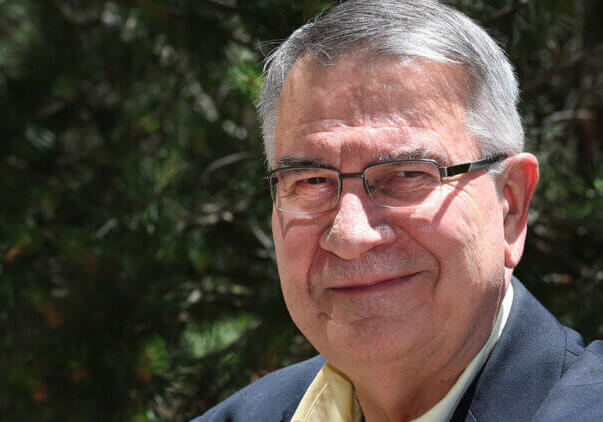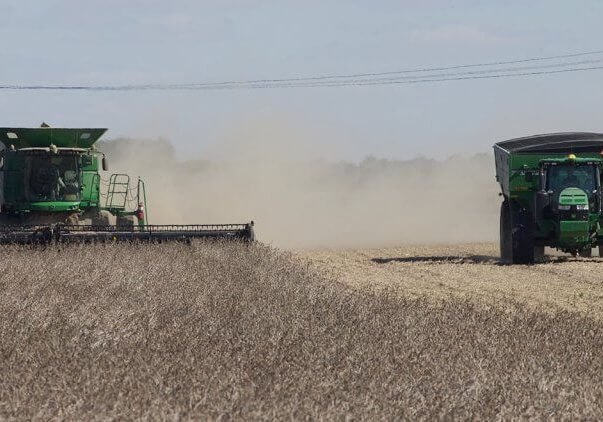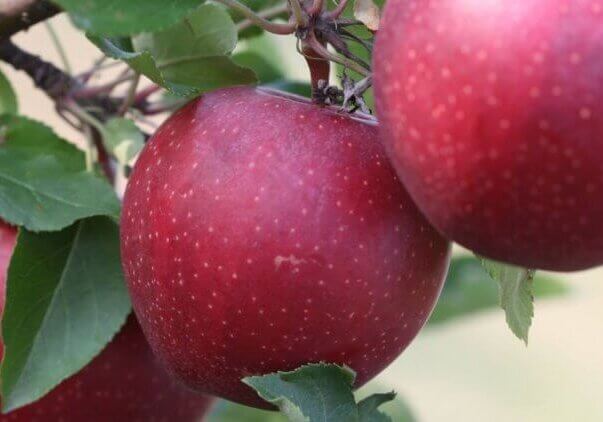T
he hemp plant often thought to be native to North America, originated in the Tibetan Plateau, the world’s largest and highest plateau located in southwestern China. The multi-use plant predominantly harvested for its oil and fiber is gaining popularity with Hoosier growers as regulations change and the hemp byproduct industry grows.
Marguerite Bolt, Purdue Extension’s first hemp production specialist, is guiding Indiana farmers into commercial hemp production. After being hired in the summer of 2019, Bolt quickly became a credible resource for new growers, providing information ranging from obtaining a permit for the crop to addressing hemp production questions.
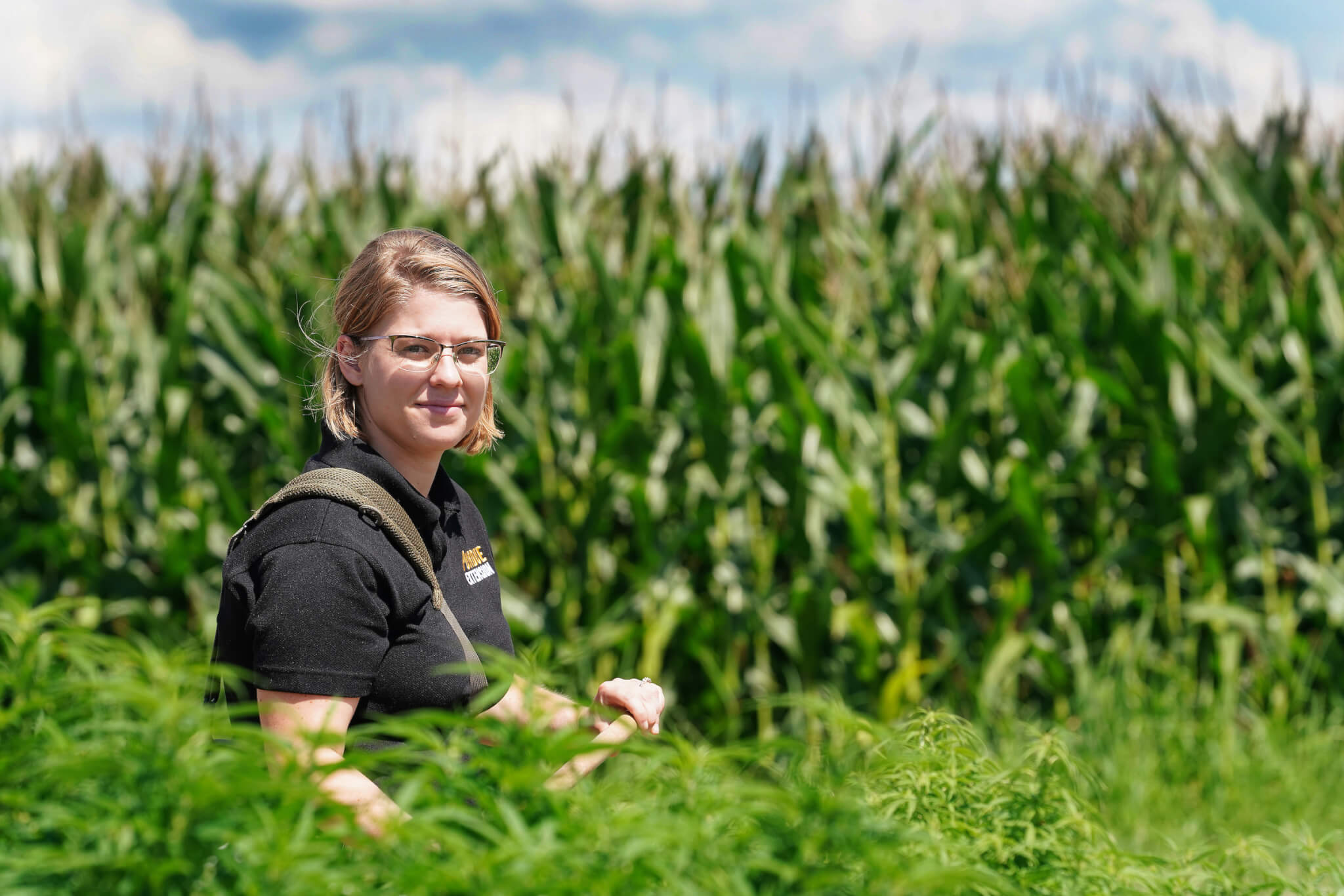
Bolt has brought her expertise to over 50 in-person field days across Indiana and the Midwest since she was hired. Because of COVID-19, she has transitioned to webinars as well as one-on-one calls. She started an email newsletter that reaches 500-600 people and worked to redesign the Purdue Hemp Project website to be more intuitive for specific grower questions. Through all the resources that Bolt has worked to create, she encourages growers to look into climate and weather data and even other crop production techniques that might be useful to excel in hemp production.
“Purdue Extension county educators are a priceless addition to this industry. Many people getting into the industry didn’t know about their county office before now. It’s been exciting to see new growers realize the resources that Purdue Extension has to offer and see those relationships develop and evolve.”
In October, the U.S. Department of Agriculture approved the Indiana State Hemp Plan, making it legal for Hoosiers to commercially grow and process hemp. Bolt hopes that this will increase the number of hemp growers and processors in Indiana because they won’t have to provide a research proposal.
“I’ve been surprised at how many people are interested in the crop, and also how many people have stuck with it during the early development of the industry in Indiana. That is really exciting as each year they are going to understand the crop and industry more.”
Looking forward, Bolt explained that the ever-changing market for hemp products is a challenge for the industry.
“I think in a 5-year outlook, we will see more grain and fiber production. CBD is really important and has a place in Indiana, but I don’t think it will be the main hemp crop grown. Because we already have traditional row crop production, grain and fiber fit the best in our row crop production farm models.”
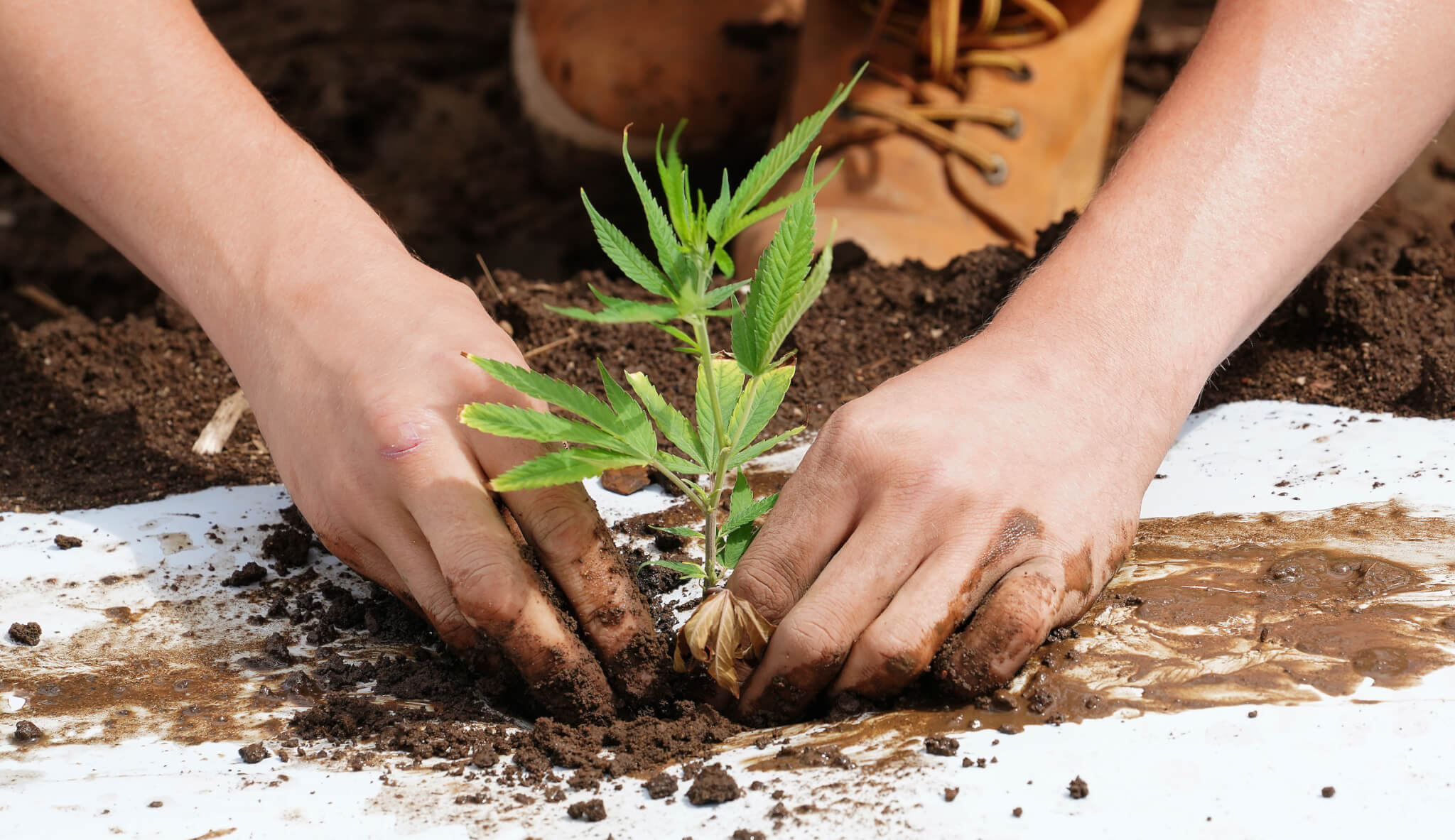
Bolt looks forward to moving past talking about the legalities of growing hemp to the nuances of hemp production and research.
“We’ve had a lot of faculty working on hemp, so I think we are going to be able to provide more detailed guides about production because of the increase in research. I hope that I can shift my talks and Extension’s resources less explaining the rules and regulations and more focused on production and crop management. The goal is for growers to produce an optimal crop rather than constantly worry about licensing and violations.”
Bolt is beginning this transition with the introduction of the Hemp Essentials program, an online, self-paced course that will teach participants about federal and state regulations, agronomic principles, farm economics and genetics and breeding.
“The course is holistic, not only looking at hemp production but also at hemp history, hemp genetics, farm economics and what the hemp industry looks like outside of the farm as it develops. It will not only be helpful for growers but also crop advisors, extension educators and recent graduates interested in hemp production and the industry.”
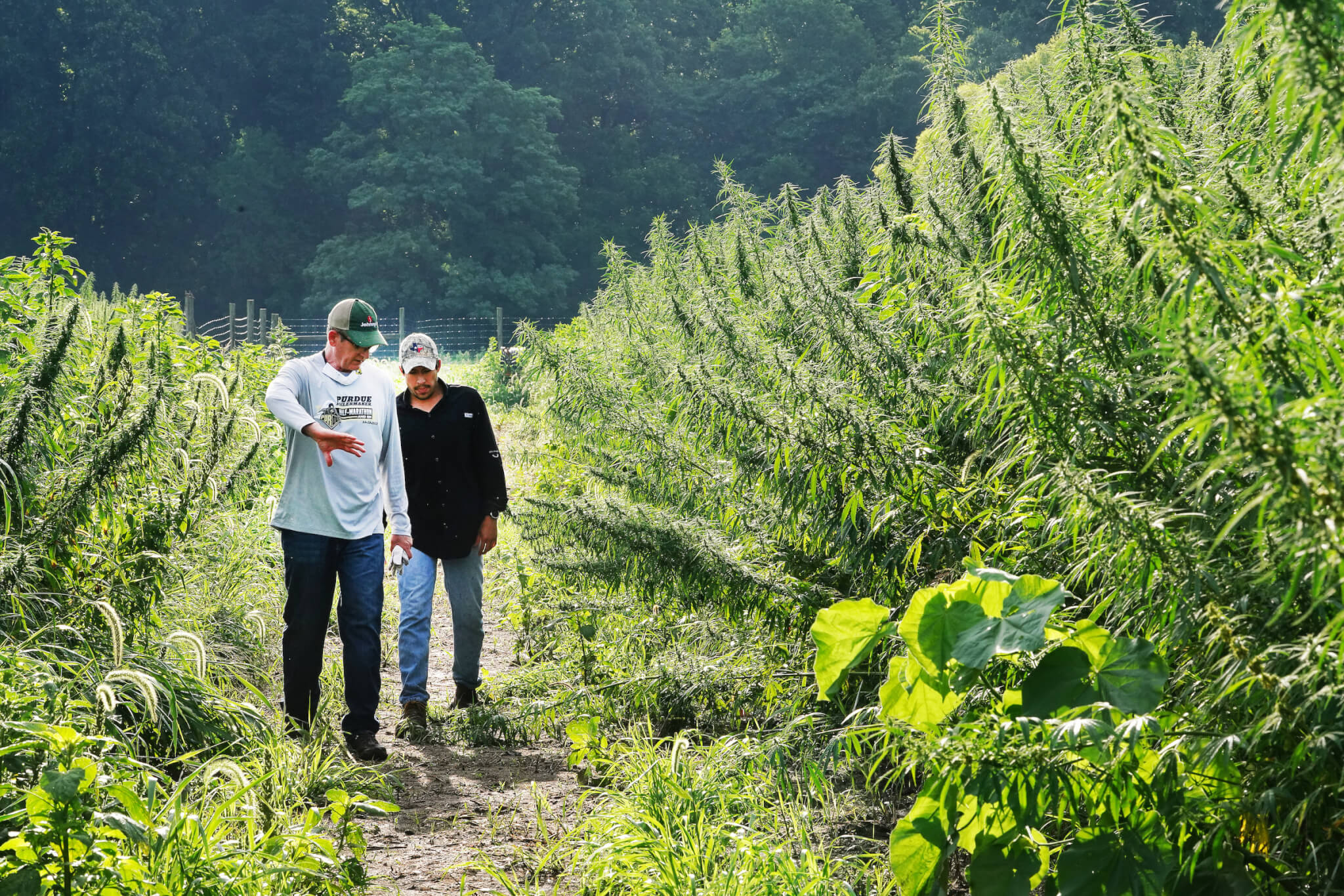
Retiring professor reflects on decades of opportunities, changes and constants
As retiring professor of agricultural economics Chris Hurt reflects on his 40-year career at Purdue, he talked about the people for whom he has worked through Extension and as a professor.
“Growing up on the farm, my neighbors and our community, they were wonderful people. I think of the people I have worked for in my job to be just like those neighbors—strong family people, hardworking and appreciative people. To think that I could bring the information to them to make better decisions, that’s been my contribution to society.”
Read Full Story >>>Purdue Extension: Building resilience in communities
Crises often leave families feeling helpless and out of control. The COVID-19 pandemic is no exception as Hoosiers face the loss of jobs, resources, life experiences and social contacts. With the help of Purdue Extension, Purdue’s College of Health and Human Sciences is helping families cope with change and even find positivity during the pandemic.
Read Full Story >>>Purdue Extension: Creating hope for Hoosier farmers
Fall harvest, one of the busiest and most stressful seasons for farmers, is quickly approaching, which is why the third week in September has historically been recognized as National Farm Safety and Health Week since 1944. This year’s theme, “Every Farmer Counts,” celebrates America’s farmers and ranchers while acknowledging the need to prioritize their safety and health.
Mental health and stress are the areas that the Purdue Extension Farm Stress Team is tackling alongside Indiana farmers.
Read Full Story >>>Retiring professor reflects on decades of opportunities, changes and constants
As retiring professor of agricultural economics Chris Hurt reflects on his 40-year career at Purdue, he talked about the people for whom he has worked through Extension and as a professor.
“Growing up on the farm, my neighbors and our community, they were wonderful people. I think of the people I have worked for in my job to be just like those neighbors—strong family people, hardworking and appreciative people. To think that I could bring the information to them to make better decisions, that’s been my contribution to society.”
Read Full Story >>>Purdue Extension: Building resilience in communities
Crises often leave families feeling helpless and out of control. The COVID-19 pandemic is no exception as Hoosiers face the loss of jobs, resources, life experiences and social contacts. With the help of Purdue Extension, Purdue’s College of Health and Human Sciences is helping families cope with change and even find positivity during the pandemic.
Read Full Story >>>Indiana orchards are still harvesting fun
Leaves are changing, the air is cooler and Hoosiers are still looking for fun and safe things to do while we follow pandemic health and safety standards. From picking apples and pumpkins to firing apple cannons and getting lost in a corn maze, Indiana’s orchards provide fun activities for all ages to enjoy, even if they do look slightly different than past years.
In addition to changes due to COVID-19 precautions, farm visitors will notice that there are fewer apples to pick this year. A late frost blanketed the state this past April and had a devastating effect on the apple crop.
Read Full Story >>>